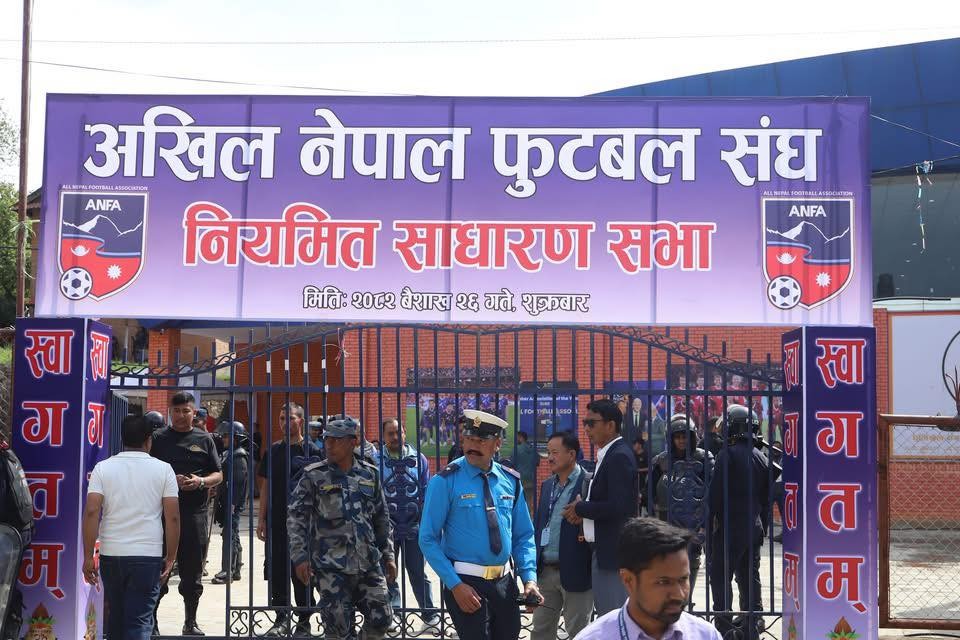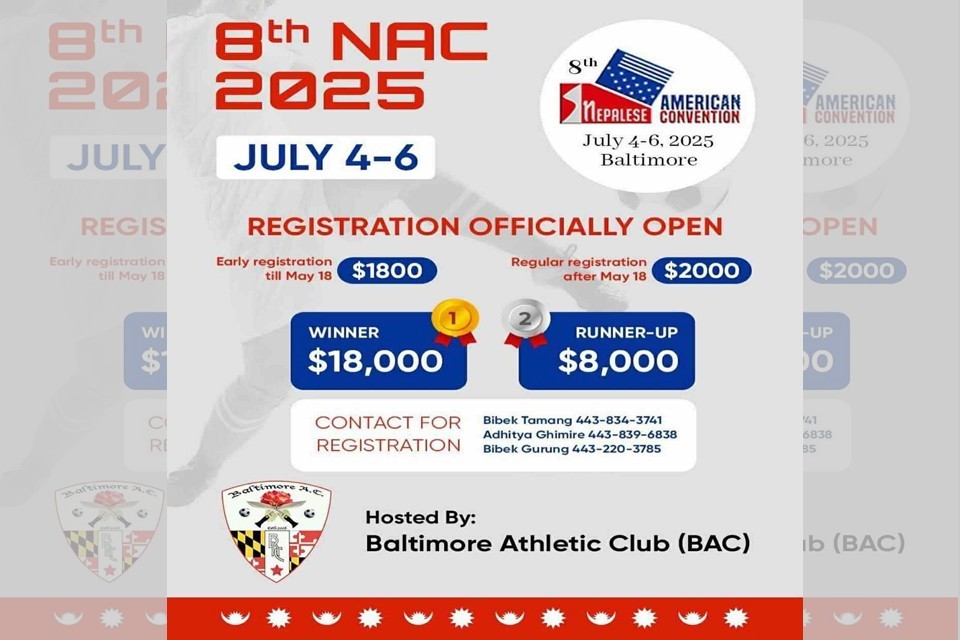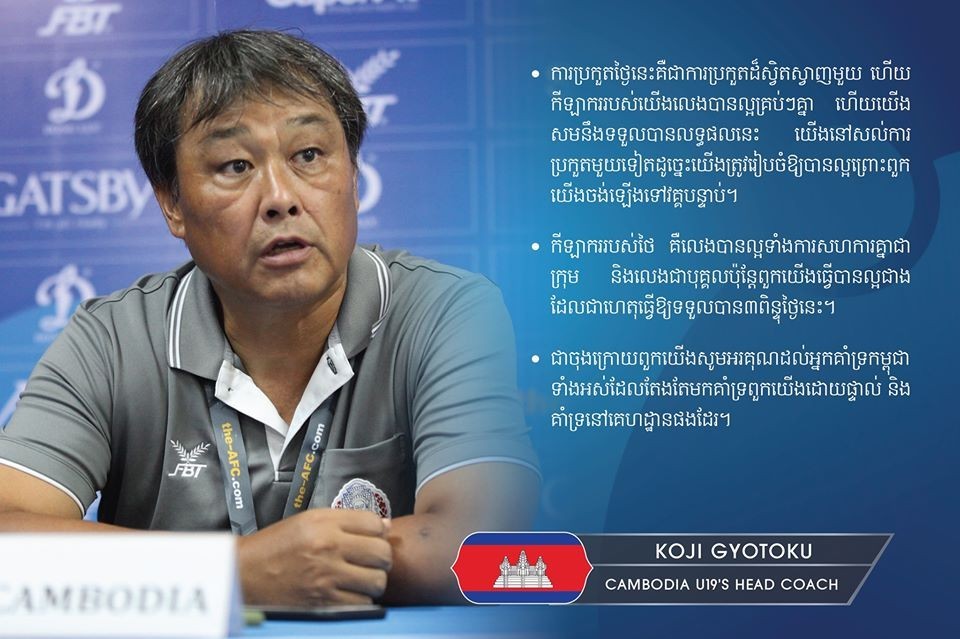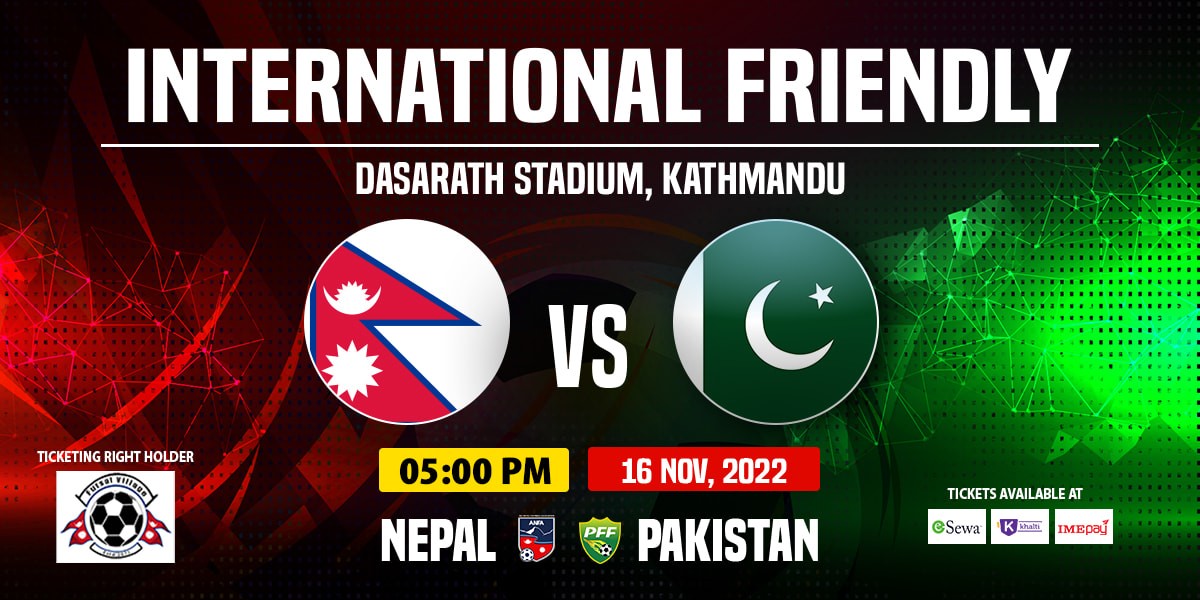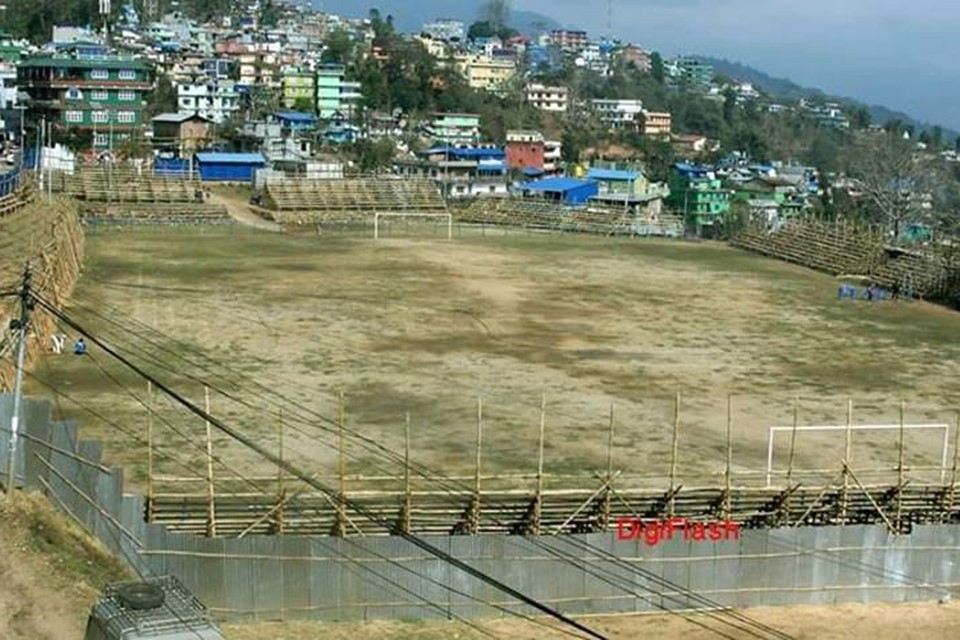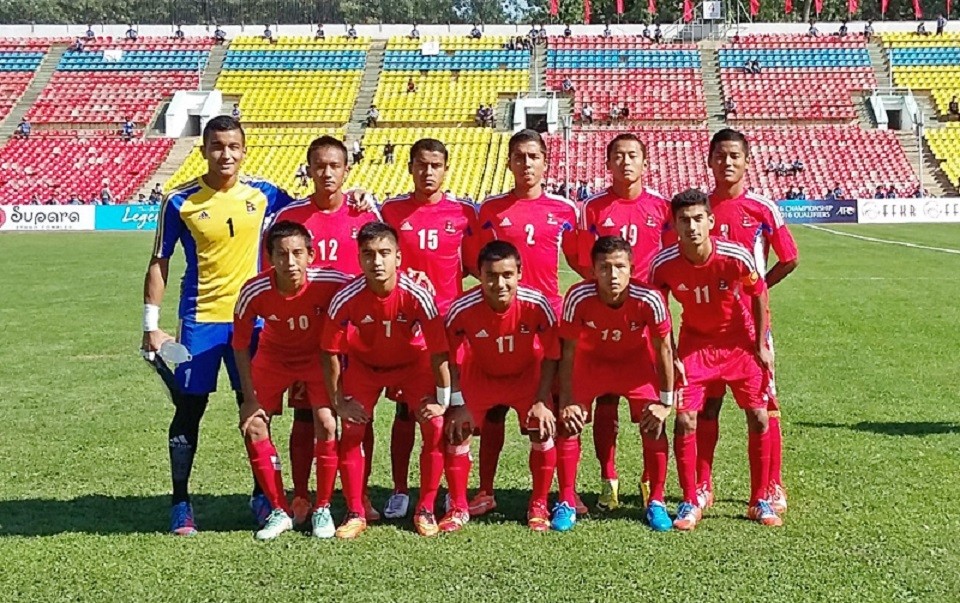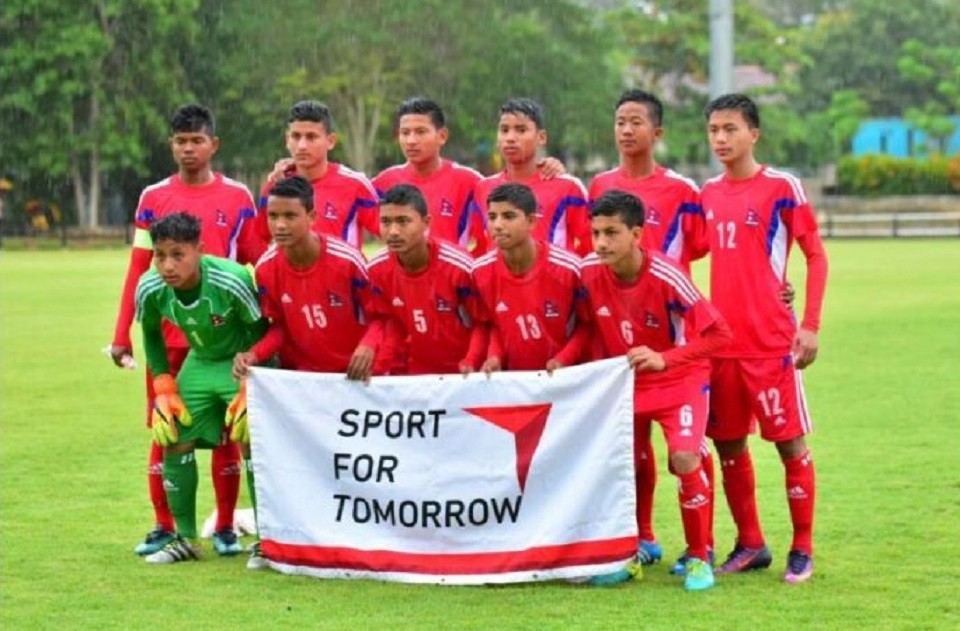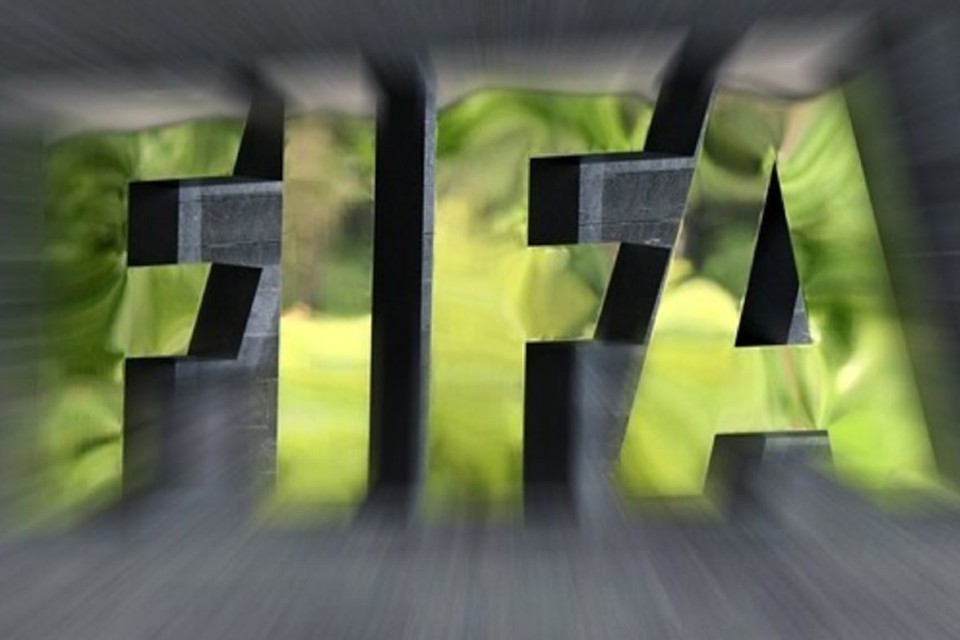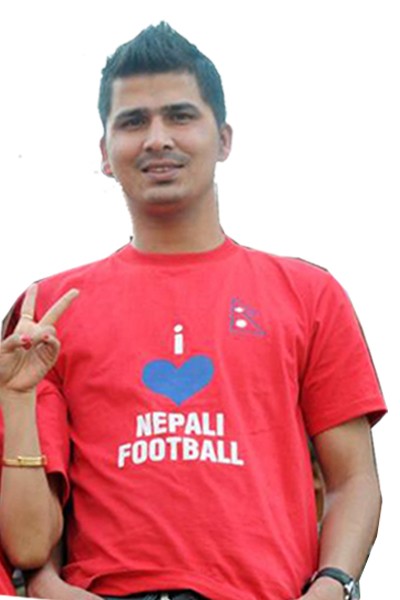
Every year, 29 September is dedicated to the human heart.
Twenty years ago, World Heart Day was established by the World Heart Federation (WHF), an association of cardiological societies and heart foundations from more than 100 countries, in cooperation with the World Health Organisation (WHO). On this day, the focus is on heart health, and campaigns are organised to raise awareness of what individual people can do to prevent risks of cardiovascular disease and strokes.
A large number of events and campaigns are intended to make people aware that almost 80 per cent of deaths from heart attacks and strokes could be prevented with a heart-healthy lifestyle.
In 2020, the slogan 'Use Heart' will focus on what individuals can do to prevent the risks of cardiovascular disease and strokes.
This includes...
...the head
* In order to understand how to lead a heart-healthy lifestyle and to act on this knowledge accordingly, it would be sensible to make some behavioural changes where necessary so that a better quality of life, both now and in the future, can be achieved.
...influence
* As an individual, be a role model for loved ones.
* As a healthcare professional, help your patients make positive changes towards heart health.
* As an employer, invest in the heart health of your employees.
* As a government, implement measures and initiatives that lead to better public heart health, such as taxes on sugar, smoking bans and reduction of air pollution.
...compassion
* Looking beyond oneself and acting in a way that supports the most vulnerable in society; people with underlying heart diseases who may be at higher risk during the COVID-19 period.
According to the WHF, over 17 million people worldwide die each year from cardiovascular diseases. Sudden cardiac death is particularly alarming and every year, in Germany alone, it affects around 65,000 apparently healthy young and old people. In takes the form of a rapid and unexpected cardiac arrest, which is preceded by severe cardiac arrhythmia, a so-called ‘ventricular fibrillation’.
Many of these deaths could be prevented if help could be quickly provided at the scene. According to the WHF, about 80 per cent of these deaths could be avoided through leading a healthy lifestyle.
Following the tragic death of Cameroonian footballer Marc-Vivien Foe, who collapsed on the pitch without any outside influence during the FIFA Confederations Cup 2003 and died shortly afterwards, FIFA launched various initiatives to prevent and raise awareness of sudden cardiac arrest among footballers. In 2006, it introduced the pre-competition medical examination (PCMA) to detect cardiovascular abnormalities at an early stage.
FIFA also offers medical seminars at FIFA tournaments, among others, to provide training on sudden cardiac arrest for referees, sports scientists, players and FIFA employees. In 2016, FIFA launched the FIFA Diploma in Football Medicine. This free online course allows professionals to exchange ideas, learn, research and engage in prevention. Sudden cardiac arrest and cardiopulmonary resuscitation (CPR) each have their own dedicated module.
In 2018, FIFA began a campaign to raise awareness of sudden cardiac arrest by using posters, presentations and seminars. Through football, FIFA is raising awareness of this important issue and helping to save lives on and off the pitch.
FIFA
- Dang: 4th Hira Dangi Memorial Cup Kicks Off On Mangsir 2, LIVE On GoalNepal
- Dang: 6th Married Cup Futsal Tournament On Ashoj 17-19
- Dang: New Star Clinches Title Of District League
- Lumbini Province Football Association Selects 46 U16 Players
- Dang: Shree Gaun Wins Title Of Dangisaran 1st President Cup
-
Beljundhi Mini Stadium - THE NEW SPORTING COMPLEX IN DANG, NEPAL

